Sport
The Trump administration has made minerals diplomacy a major part of its foreign policy.
The US senior adviser for Africa said on Monday that he had received draft texts from the Democratic Republic of Congo and Rwanda on the much-anticipated peace deal to end the conflict in eastern DRC.
Hailing the proposed peace accords, Massad Boulos said on X: ‘’This is an important step toward fulfilling the commitments made in the Declaration of Principles.’’
However, the purported mediation by the US is already facing headwinds, with critics pointing at Washington's intent to make the most from the mayhem to gain control of critical minerals.
President Donald Trump's senior advisor for Africa Massad Boulos indicated last week that access to Congo's mining sector, currently dominated by China, was a key condition for any peace accord.
‘Hidden agenda’
‘’When we sign the peace agreement ... the minerals deal with the DRC (Democratic Republic of Congo) will be signed on that day, and then a similar package, but of a different size, will be signed on that day with Rwanda," Boulos said in an interview with Reuters news agency.
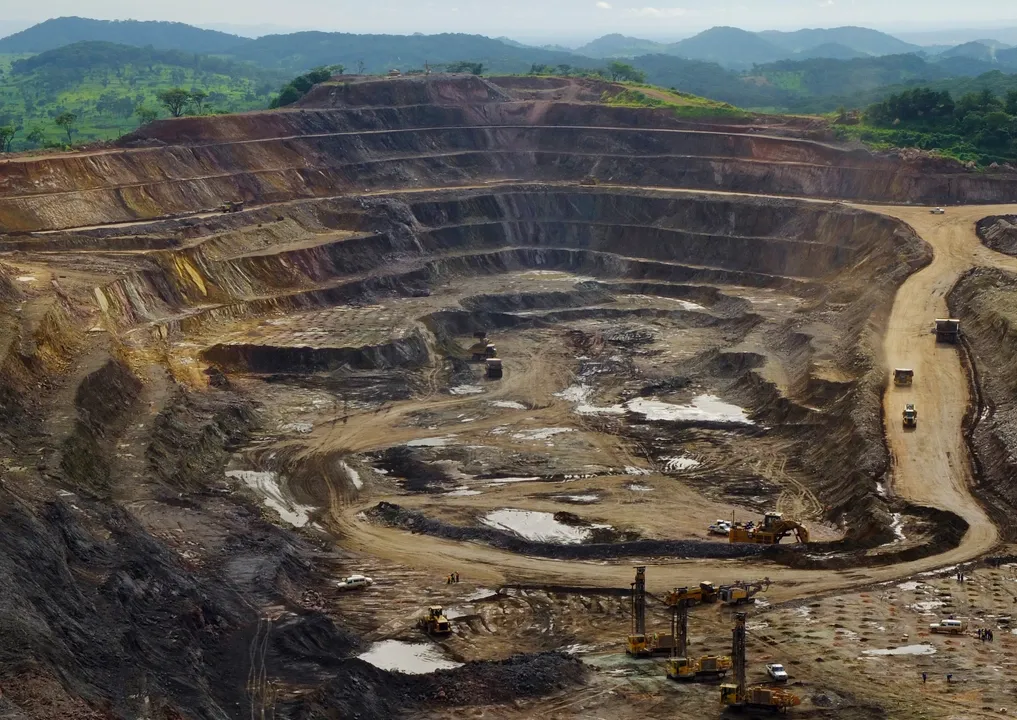
Massad Boulos said a deal could be thrashed out in about two months, with reports suggesting a signing ceremony at the White House was well on the cards.
‘’Positively, if this is going to work, then you can say the US wants to end the conflict and see the promotion of economic development in the region,’’ Rwandan political scientist Ismael Buchanan tells TRT Afrika.
‘’But on the other side, it could have a hidden agenda of kicking out the Chinese, the Russians and others. We cannot hide that they want to control the whole (mining) sector especially when you are talking about the minerals that the DRC possesses,’’ he adds.
Minerals diplomacy
The Trump administration has made minerals diplomacy a major part of its foreign policy. It has already struck an agreement on Ukraine's critical minerals and shown interest in Greenland's abundant resources.
Eastern Congo is endowed with critical minerals worth billions of dollars, including cobalt and lithium, which are vital in clean energy technology. China is currently dominant in DRC's mining sector.
But the region is also beset by a decades-long conflict that is linked to the country's history of post-colonial meddling by western powers and the legacy of the Rwandan genocide of 1994.
What has been discussed so far?
Prior to Washington's involvement, Qatar had in mid-March hosted a surprise meeting between Congolese President Felix Tshisekedi and his Rwandan counterpart Paul Kagame. The two leaders expressed willingness for a ceasefire and negotiations to end the conflict, according to a joint statement.
Subsequent meetings in Doha between Congolese officials and representatives of a coalition of militias led to commitments to resolve the conflict peacefully. Then in late April, the foreign ministers of Congo and Rwanda met in Washington to sign a declaration of principles on the pathway to peace.
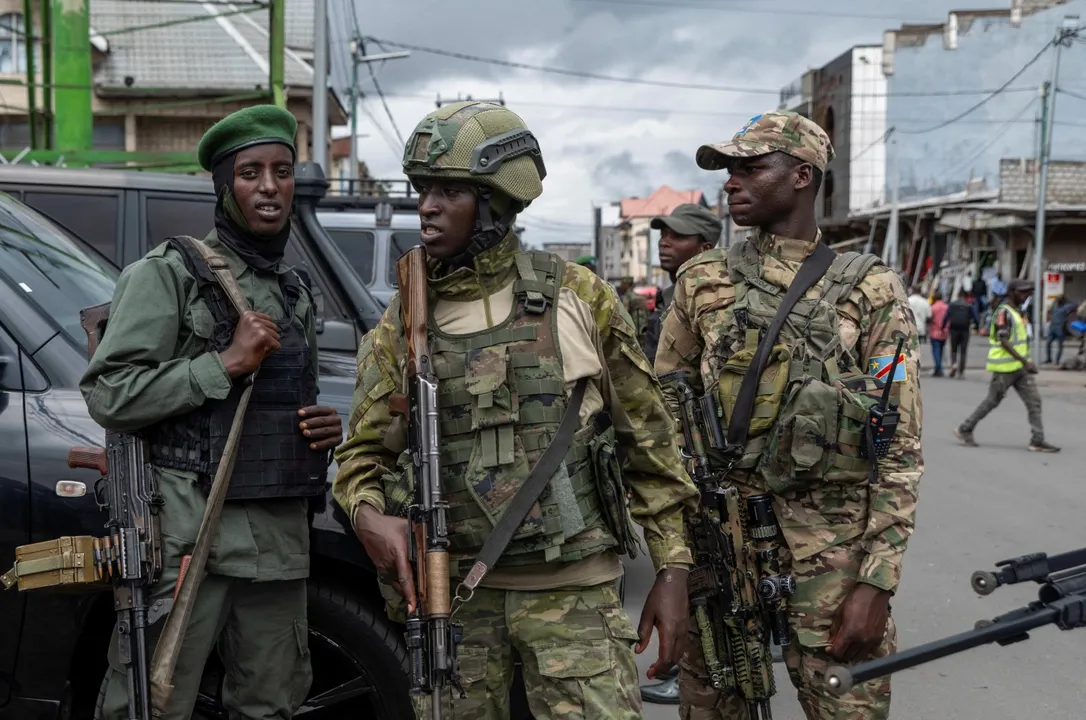
The two nations committed to respecting each other's sovereignty and territorial integrity. US Secretary of State Marco Rubio signed as a witness but the two ministers refrained from the traditional handshakes at the press briefing that followed.
“Both countries (DRC and Rwanda) have so far agreed to end the support for armed groups that have been destabilising the region and to prioritise the voluntary return of Congolese refugees displaced by the conflict,’’ says Buchanan.
What has been the public reaction to the talks?
Hostility towards the US mediation is gaining traction in eastern Congo and across Africa, where many consider it an elite-driven effort that will usher a fresh round of plunder of the country's wealth.
“These talks are of no benefit and significance. President Tshisekedi should have initiated local talks to search for a local solution, because the solutions to the insecurity problems of Congo are known to us,’’ Clovis Mutsuva, a rights campaigner in eastern Congo, tells TRT Afrika.
It signals the mistrust people have on foreign interventions, the last of which saw the humiliating surrender of hundreds of Romanian mercenaries brought by the Congolese government to fight on the side of the army in the conflict. Reports indicated the Romanians were being paid 50 times more than local military recruits.
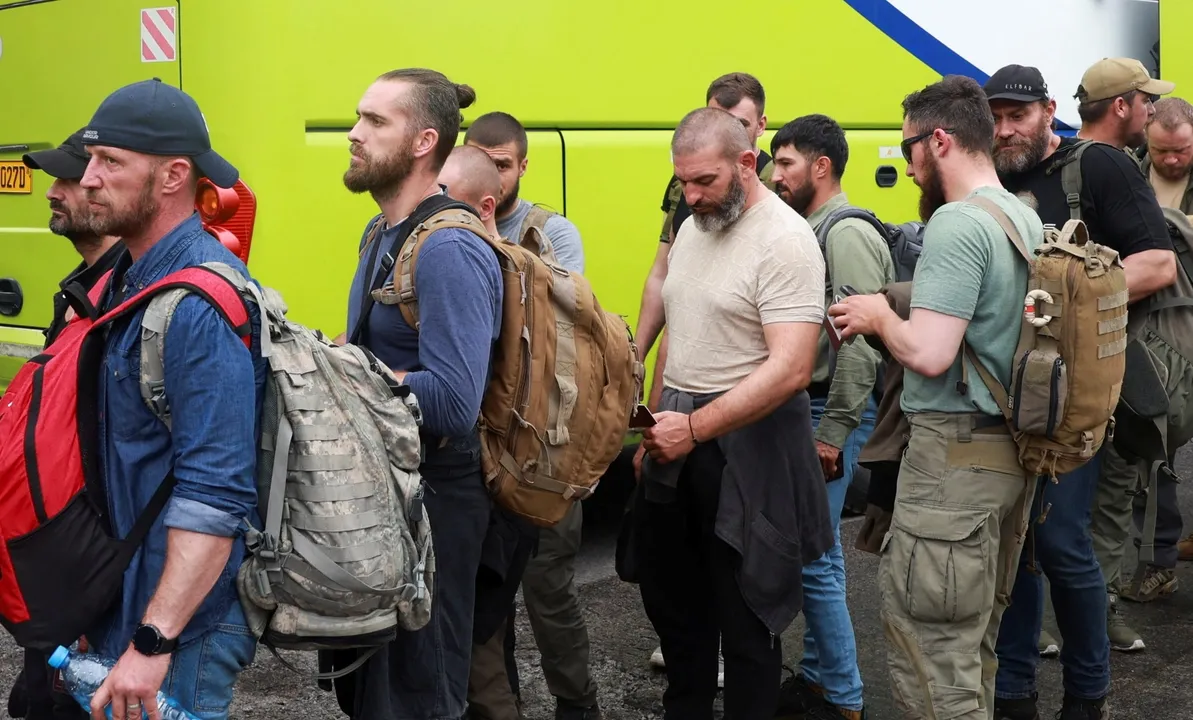
“We have our own ability to discuss our problems and to find the solutions. External interventions are just fashioned for plundering our resources,” says Mutsuva.
How did we get here?
A recent escalation in fighting between Congolese soldiers and the M23 rebels since December 2024 has left thousands of civilians dead and displaced more than 500,000 others, according to the UN.
The DRC and the UN accuse Rwanda of backing the rebels, an allegation Kigali denies. The rebels have expanded territory and are in control of Goma and Bukavu—the two biggest towns in the region.
The bout of violence prompted UN warnings of a larger regional war. Seven African armies drawn in to help Congo restore order failed to register success on the battlefront.
Numerous attempts at negotiation, including an African Union-led initiative, also failed to halt the hostilities. Previous peace deals between the two central African neighbours have fallen through largely over mistrust.
Comments
No comments Yet








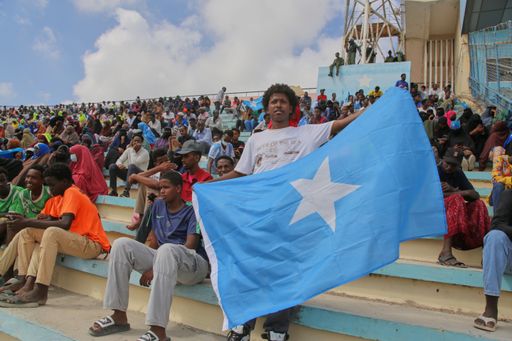
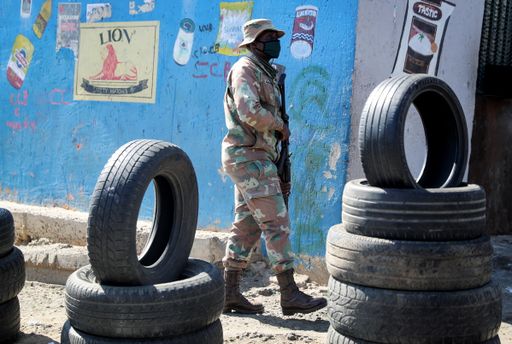
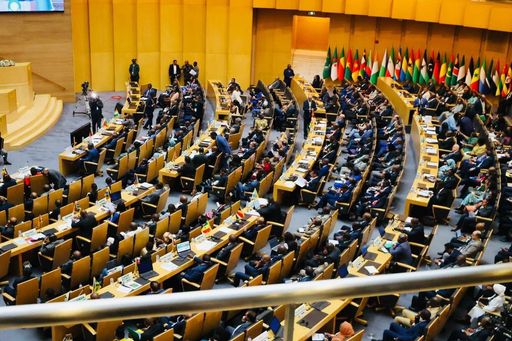
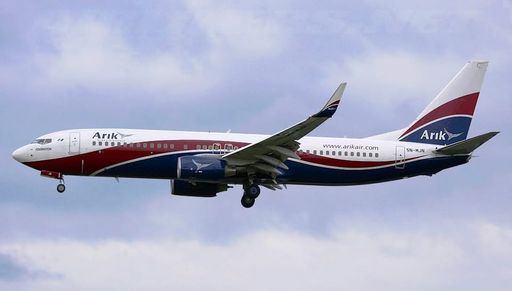








Comment